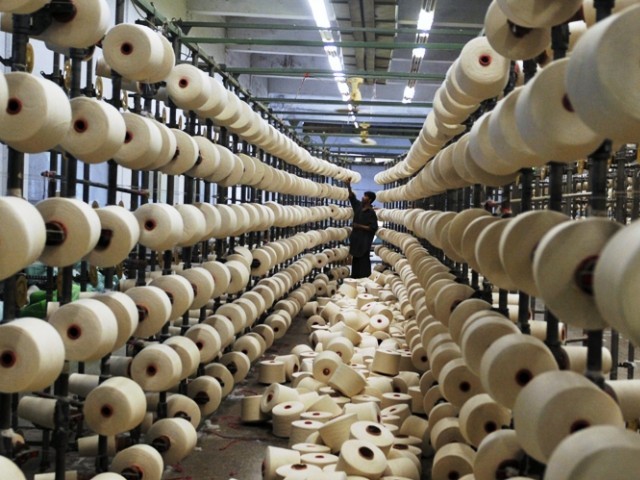The Egyptian Textile Export Council announced that Egyptian textile and spinning exports increased by 6% in 2017, to record $832m compared to $783m in 2016.
This keeps pace with the announcement of Minister of Trade and Industry Tarek Kabil in January 2018, during the visit of President Abdel Fattah Al-Sisi to Sadat City, that Egypt will establish the largest textile and garment city in Egypt on an area of 3.1m sqm in that city.
The city will include 568 factories with a total paid-up capital of $2bn, which will be pumped over a period of seven years, 87% of which comes from foreign investments and 13% from local investments.
Furthermore, Kabil said that the textile and garment city will provide up to 160,000 direct job opportunities, with a total production value of $9bn per year.
Moreover, “this new city will include schools for training with the latest technology in the spinning and textile industry,” Kabil assured.
The textile industry is one of the most important and oldest Egyptian industries and plays a vital role in the Egyptian economy.
In this context, “Egypt is home to the only fully integrated textiles industry in the Middle East, where the entire production process is carried out in Egypt, starting from the cultivation of cotton and ending with the production of yarns, fabrics, and ready-made garments, carried out domestically,” the General Authority for Investment and Free Zones previously said.



